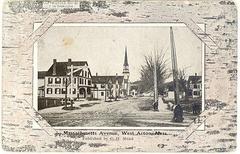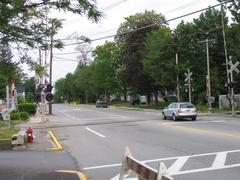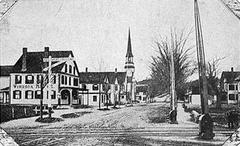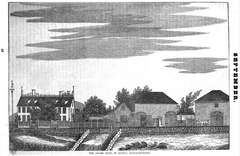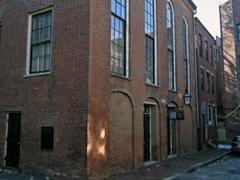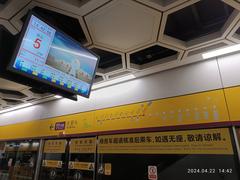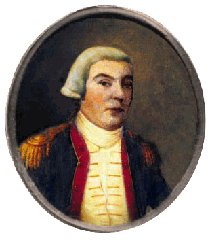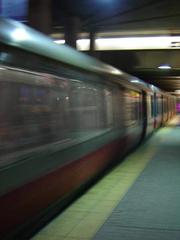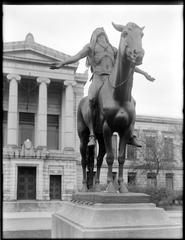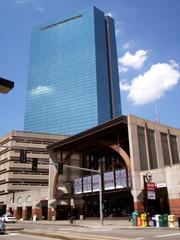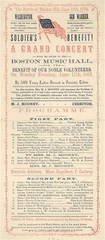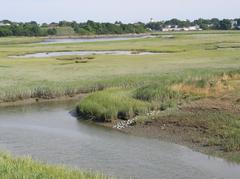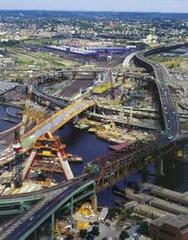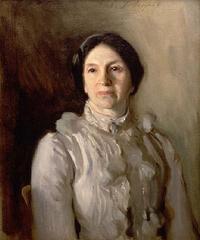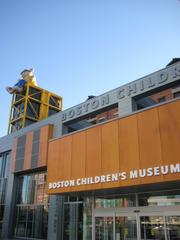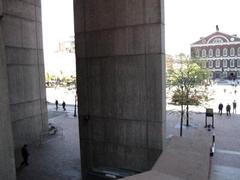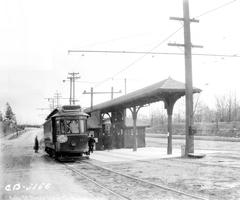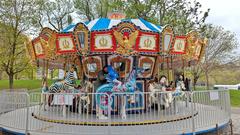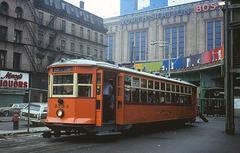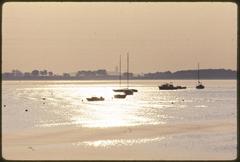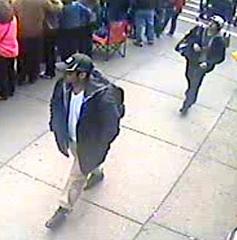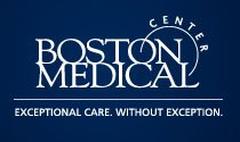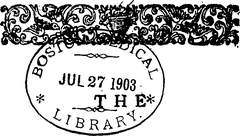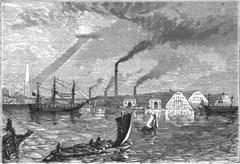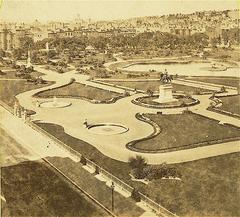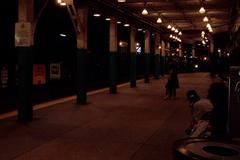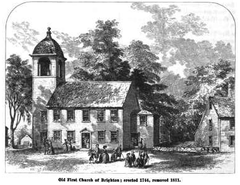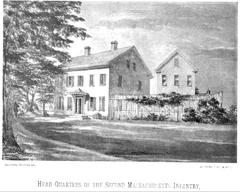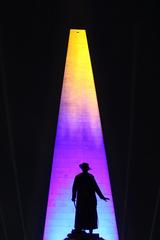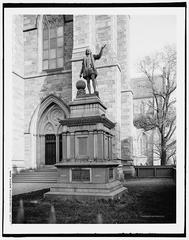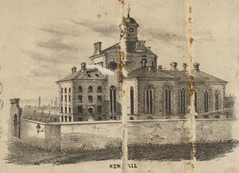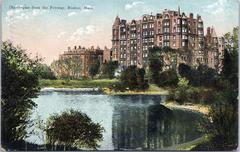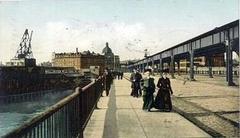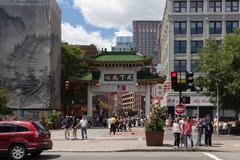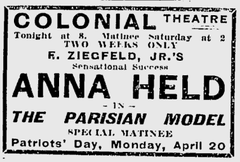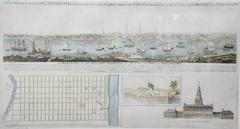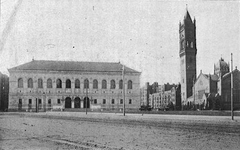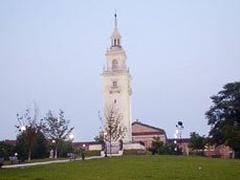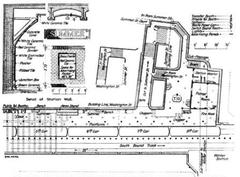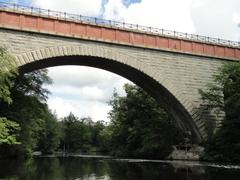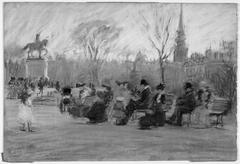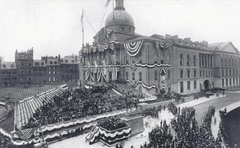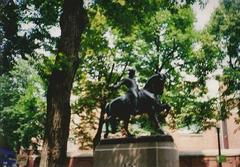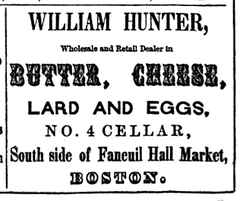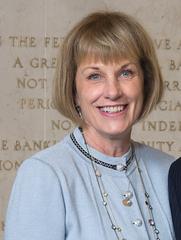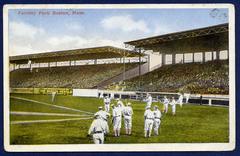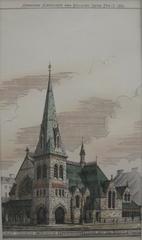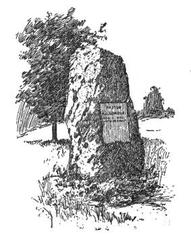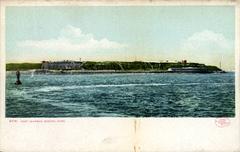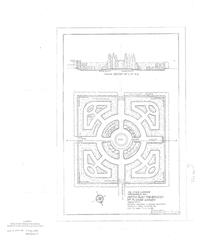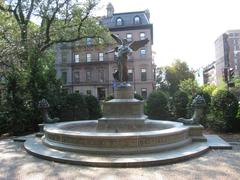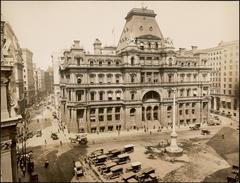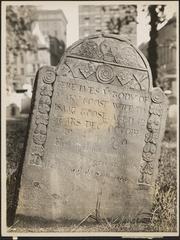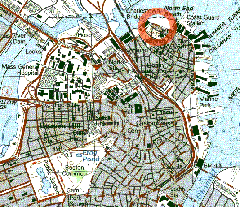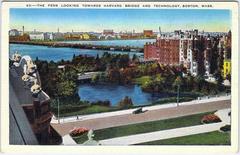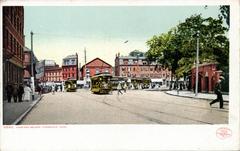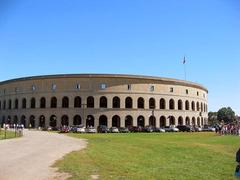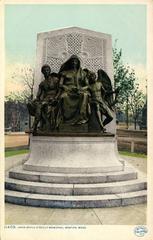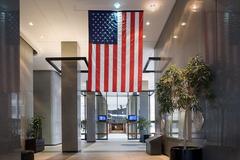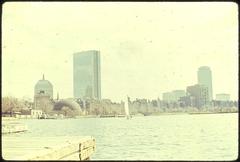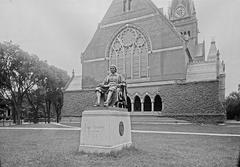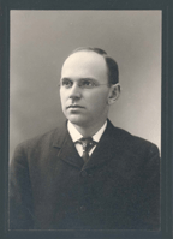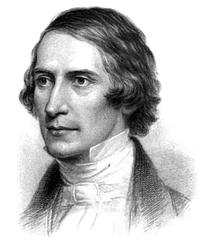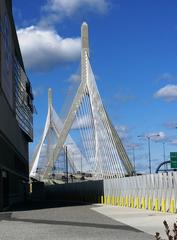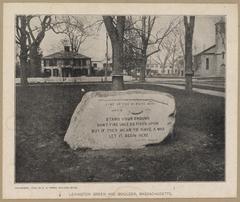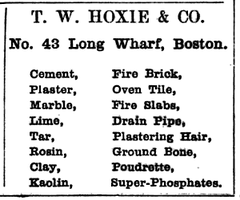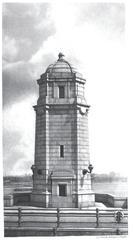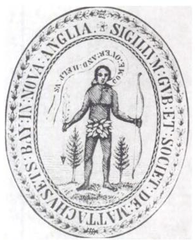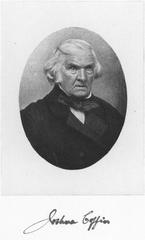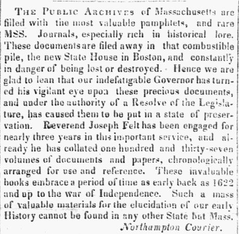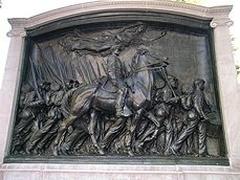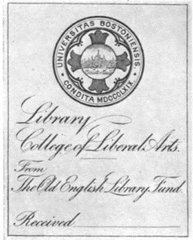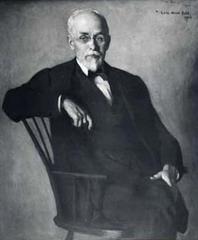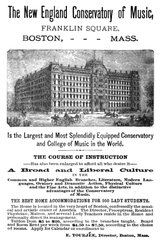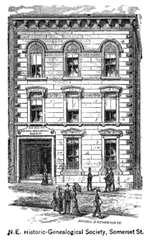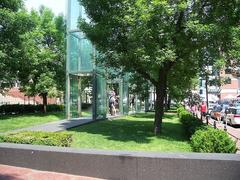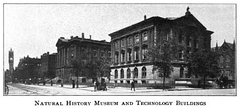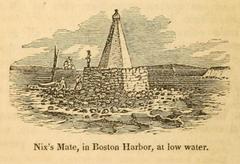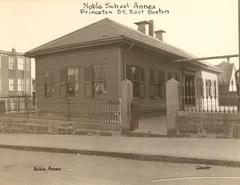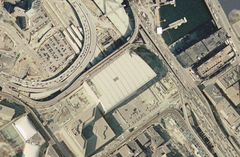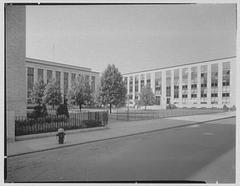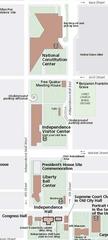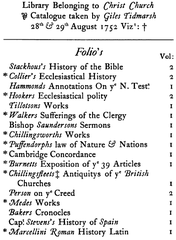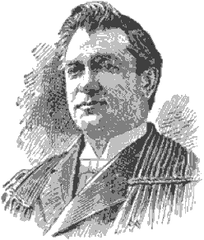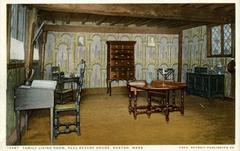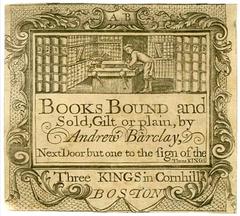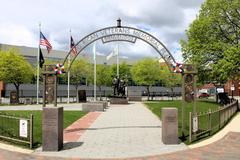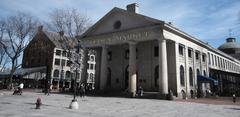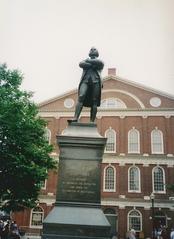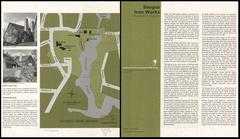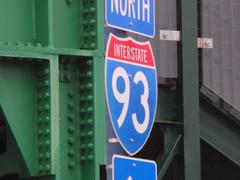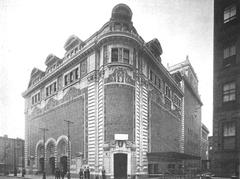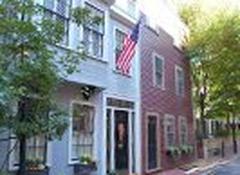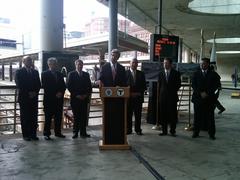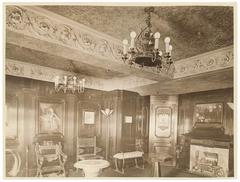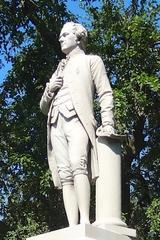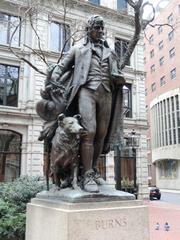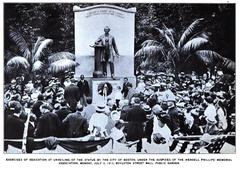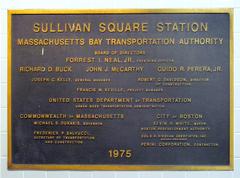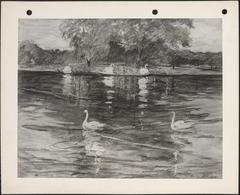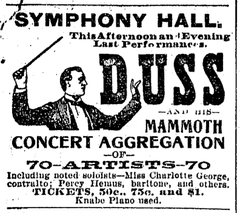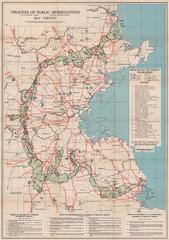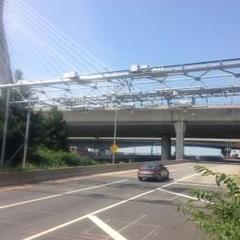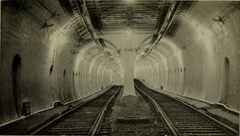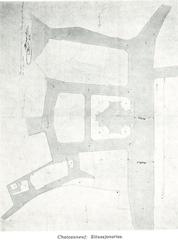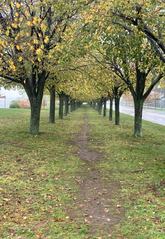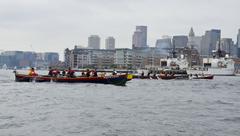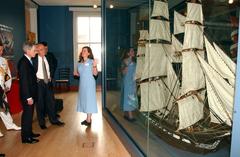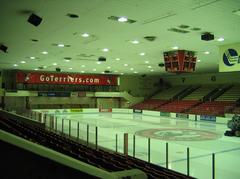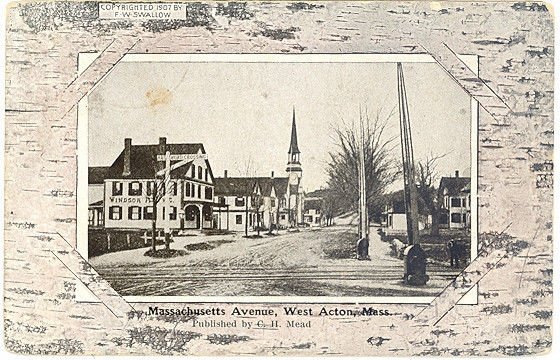
Massachusetts Avenue Boston: Visiting Hours, Tickets, and Historical Sites Guide
Date: 14/06/2025
Introduction
Massachusetts Avenue, or “Mass Ave,” is one of Boston’s most storied and vibrant thoroughfares. Stretching from Dorchester through Boston’s historic neighborhoods and academic powerhouses into Cambridge, Arlington, and Lexington, Mass Ave is both a gateway to Boston’s past and a showcase of its dynamic present. This comprehensive guide details the avenue’s historical significance, architectural highlights, landmark sites, and essential visitor information—including visiting hours, ticketing, accessibility, and travel tips.
Explore Mass Ave’s unique blend of Victorian brownstones, world-class museums, social justice landmarks, and cultural institutions, all made easily accessible via Boston’s robust public transit and pedestrian-friendly pathways. Plan your visit with curated tips, event calendars, and resources to ensure an engaging and seamless experience (Boston.gov, Boston Symphony Orchestra, Meet Boston, Luxury Travel Magazine).
Table of Contents
- Introduction
- Early Development and Urban Expansion
- Architectural and Cultural Significance
- Social and Political History
- Transportation and Economic Impact
- Educational Influence
- Notable Historic Sites and Districts
- Demographic and Cultural Evolution
- Preservation and Modern Challenges
- Visitor Information
- Visitor Tips
- Visuals and Media
- FAQ
- Conclusion
- References
Early Development and Urban Expansion
Massachusetts Avenue was laid out in the mid-1800s during Boston’s period of rapid urban growth. Its creation linked emerging neighborhoods such as Back Bay, South End, and Roxbury, and facilitated the city’s westward expansion. The Back Bay’s transformation from tidal marshland in the 1850s, made possible by ambitious land reclamation projects, allowed for the construction of grand boulevards and the city’s iconic Victorian brownstones (Britannica).
Architectural and Cultural Significance
Mass Ave is a living museum of Boston’s architectural evolution, featuring 19th-century brownstones, early 20th-century apartments, and contemporary buildings. Notable landmarks include:
- Symphony Hall: Home to the Boston Symphony Orchestra, this National Historic Landmark exemplifies early 20th-century concert hall design (Archeetect).
- Christian Science Plaza: A 14-acre urban oasis with the Mother Church and its famous reflecting pool.
- Back Bay and South End Landmark Districts: These districts are celebrated for their unified Victorian streetscapes and urban planning (Boston.gov).
Social and Political History
Mass Ave has long been a corridor for social change and community engagement. The South End became a hub for African American, LGBTQ+, and immigrant communities, fostering activism for civil rights and social justice (Meet Boston). The avenue frequently serves as a parade and demonstration route, especially for events like Boston Pride and Juneteenth (Luxury Travel Magazine).
Transportation and Economic Impact
A critical artery for Boston, Mass Ave supports all modes of transportation and connects to major highways and transit hubs, including South Station. Its accessibility powers thriving retail, dining, and nightlife scenes, particularly in Back Bay and the South End (The Crazy Tourist).
Educational Influence
Mass Ave passes some of the world’s most renowned academic institutions:
- MIT: Anchors the Cambridge section, surrounded by cutting-edge research and innovation (Luxury Travel Magazine).
- Harvard University: Accessible via Harvard Square, offering historic campuses and museums.
- Berklee College of Music and Boston Conservatory: Foster Boston’s vibrant music and performing arts scene (Meet Boston).
Notable Historic Sites and Districts
- Back Bay Architectural District: Showcases Victorian brownstones and urban design excellence (Boston.gov).
- South End Landmark District: Known for bowfront row houses and a vibrant arts and LGBTQ+ community.
- Fenway–Kenmore: Features Fenway Park, a symbol of Boston’s sporting heritage (Meet Boston).
Demographic and Cultural Evolution
Mass Ave’s neighborhoods reflect waves of immigration from Ireland, Italy, the Caribbean, and Asia. Chinatown, just off Mass Ave, is renowned for its festivals and cuisine (The Crazy Tourist). The avenue is also home to theaters, galleries, and the Boston Center for the Arts (Meet Boston).
Preservation and Modern Challenges
Conservation districts and landmark status protect Mass Ave’s historic character (Boston.gov). However, rising real estate prices, gentrification, and the need for sustainable transportation remain pressing issues (Meet Boston).
Visitor Information
Visiting Hours and Accessibility
- Massachusetts Avenue: Publicly accessible 24/7.
- Symphony Hall: Open for scheduled events; see the Boston Symphony Orchestra website for current schedules.
- Christian Science Plaza: Open daily; the reflecting pool and gardens are accessible during daylight hours.
- Museum of Fine Arts: Tuesday–Sunday, 10 a.m.–5 p.m.; tickets required (MFA Boston).
- Isabella Stewart Gardner Museum: Thursday–Monday, 11 a.m.–5 p.m.; advance tickets recommended (Gardner Museum).
- Harvard and MIT Campuses: Generally open for self-guided tours during daylight; guided tours require advance booking (MIT Visitor Center, Harvard University Visitor Information).
- Minuteman National Historical Park: Open year-round, typically 9 a.m.–5 p.m.; free entry (National Park Service).
All major sites and transit stops provide wheelchair access; check venue websites for specific accommodations.
Tickets and Guided Tours
- Many museums, concert halls, and academic sites require tickets; purchase in advance where possible.
- Walking tours focusing on history, architecture, and public art are available through local companies and organizations such as the Freedom Trail Foundation.
Special Events
- Boston Pride Parade, Juneteenth, and other festivals occur annually along or near Mass Ave. Check event calendars for details (Boston Discovery Guide, Boston Uncovered).
Photographic Spots
- Back Bay’s Victorian brownstones
- The Christian Science Plaza reflecting pool
- Fenway Park entrance
- Chinatown gateways
- Harvard Bridge (the “Smoot Bridge”) with skyline views
Visitor Tips
- Use the MBTA subway, buses, or Bluebikes for convenient and eco-friendly travel (MBTA).
- Wear comfortable shoes for walking tours.
- Plan museum and concert visits ahead to secure tickets.
- Explore diverse dining options along the avenue, from South End’s international cuisine to Harvard Square’s cafes.
Visuals and Media
Enhance your visit with interactive maps and virtual tours from official tourism and museum websites. Use high-quality images with SEO-friendly alt tags such as “Massachusetts Avenue brownstones,” “Symphony Hall facade,” or “MIT Great Dome on Mass Ave.”
Frequently Asked Questions (FAQ)
Q: What are Massachusetts Avenue’s visiting hours?
A: The avenue is open 24/7; individual attractions have their own hours.
Q: Are tickets required for any Mass Ave sites?
A: Yes, museums and concert venues usually require tickets; public parks and plazas are free.
Q: Is the avenue accessible for visitors with disabilities?
A: Yes, most public spaces, attractions, and transit stations are accessible.
Q: What are the best transit options for exploring Mass Ave?
A: The MBTA Orange, Green, and Red Lines, numerous bus routes, and Bluebikes bike-share are excellent choices.
Q: Are there guided tours available?
A: Yes, academic campuses, museums, and local tour companies offer guided and self-guided tours.
Conclusion
Massachusetts Avenue is a multi-layered corridor that encapsulates Boston’s historic charm and vibrant contemporary energy. From grand architecture and world-class museums to lively festivals and academic innovation, Mass Ave welcomes visitors to explore its diverse offerings. Plan ahead for landmark hours and tickets, utilize public transit, and take advantage of tours and maps for a deeply rewarding Boston experience.
For more tips, download the Audiala app for audio-guided tours, real-time event updates, and interactive maps. Stay connected via our social media for exclusive offers and the latest news on Boston’s cultural scene (Audiala).
